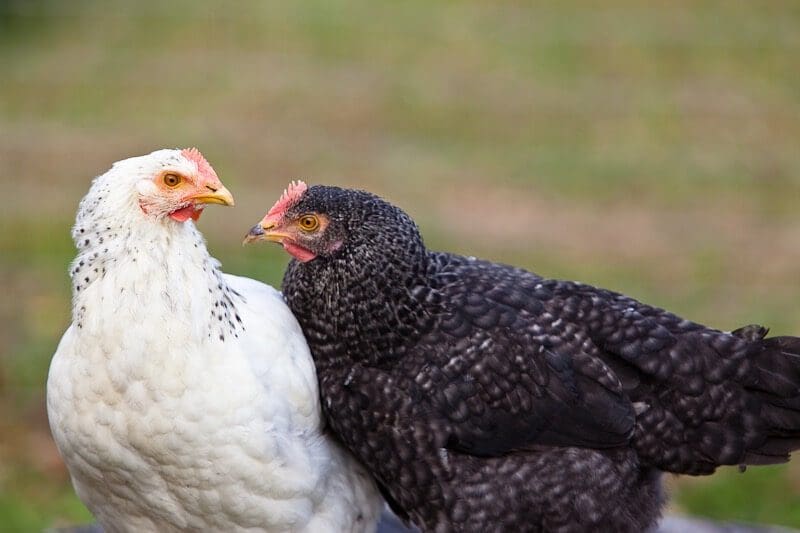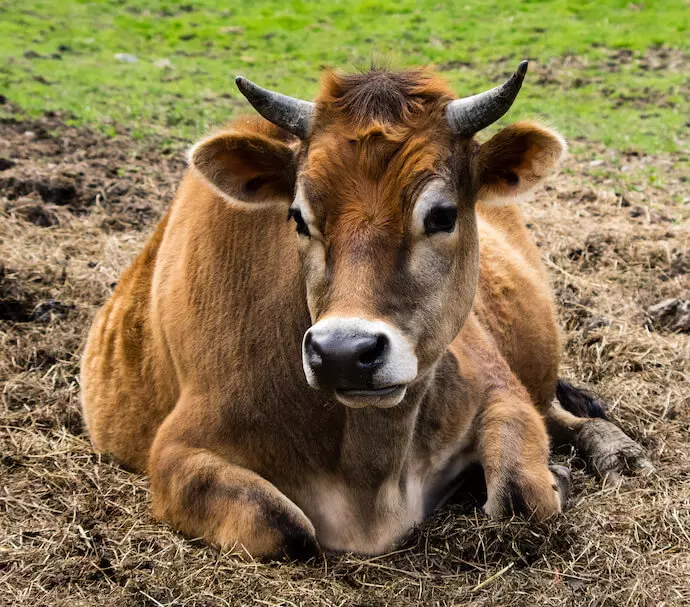
How Many Eggs Does a Hen Lay in a Year?
How many eggs does a hen lay in a year? If you said about 12, you would have been right, if the hen was living in nature, was never cross-bred for desirable and profitable traits like most are today, and if the hen was unaided and unadulterated by automation and science. Seems things took a turn for the worse for hens in the 1920s and 1930s. Families acquired laying hens mainly to supply their own needs but found an extra source of income by selling surplus eggs at their local markets. It didn’t take long for profit to become a motivating factor behind keeping hens, and before long, farms started building up flocks of about 400 hens. That kind of investment brought with it ideas on how to minimize loss and increase profitability. Birds were selectively bred, medicines were developed to combat diseases that were becoming common for birds living in captivity, and scientifically controlling what they ate all lead to an increase in the number of eggs a farmer could “produce” from each hen. Under these conditions, the number of eggs a hen laid swelled from twelve to 150.
Caging, improved sanitation, and uniform feeding in the 1940s lead to even more sophisticated mechanical equipment and technology development in the 1960s. Small farm flocks were now large commercial operations. Fewer hens were dying and more eggs were being produced at a lower cost to the consumer.

Today, flocks of 100,000 laying hens are not unusual and in big egg-producing states, flocks can number more than 1 million. Housed in “broiler houses” that are overcrowded and filled with the dangerous stench of ammonia from bird waste, each of the 280 million laying birds can produce up to 300 eggs per year at a relatively low and stable cost to consumers. The American Egg Board calls this a “win-win situation for hens and consumers”.
None of this speaks to the horror that is the life of a laying hen. Living conditions are high-stress, painful, and involve cruel practices such as debeaking (without anesthesia) to keep hens from pecking each other to death in the overcrowded broiler houses. None of this is natural. None of this is compassionate. While every choice made to reduce animal suffering is important, accepting the misguided truth that eating eggs is not cruel should be explored by individuals who strive to make humane choices.
Marketing terms like cage free, free range, organic, vegetarian, antibiotic and hormone-free are all–each and every one of them–designed to delude you into feeling good about your purchase and to keep you buying more eggs. There is no room for compassion when mass production is involved.
As for backyard or small farm eggs, seeing birds running free, nesting, and laying eggs in the hay can justify our desires. But where did those hens come from? Were they ordered from hatcheries who ship them to people who want to produce humane eggs? Probably. Roughly 50% of the chicks born in hatcheries are male. Roosters are not wanted, so these unnecessary male chicks who are just days old are ground up alive or heaped into plastic bags or bins and suffocated. So while backyard chickens may be glorified and treated as pets, their brothers paid a high price. And what happens after these hens stop laying eggs? On small farms (the ones that make us feel better about buying our eggs), hens are often sold at auction after their egg production wanes. Having a bunch of hens around that don’t lay eggs is expensive. Exhausted, spent, and unwanted, they are sold to people who will slaughter them for their meat.
 This past weekend, I had the extreme pleasure of making the acquaintance of J.R. and Bonnie, two glorious white chickens who call Catskill Animal Sanctuary home. Gentle scratches on J.R.’s leg must have endeared me to him because after finding a comfortable spot on my lap, he indulged me a selfie session. You may not have had the opportunity to get nose to beak with a chicken, but if you did, I promise, there would never be another nugget, cutlet, or hot wing on your plate.
This past weekend, I had the extreme pleasure of making the acquaintance of J.R. and Bonnie, two glorious white chickens who call Catskill Animal Sanctuary home. Gentle scratches on J.R.’s leg must have endeared me to him because after finding a comfortable spot on my lap, he indulged me a selfie session. You may not have had the opportunity to get nose to beak with a chicken, but if you did, I promise, there would never be another nugget, cutlet, or hot wing on your plate.
We invite you to consider an egg-free lifestyle and to make choices designed to honor these curious, intelligent creatures. With so many recipes and substitutions available, it’s never been easier to kick the habit. Please consider these 10 ways to honor chickens.






